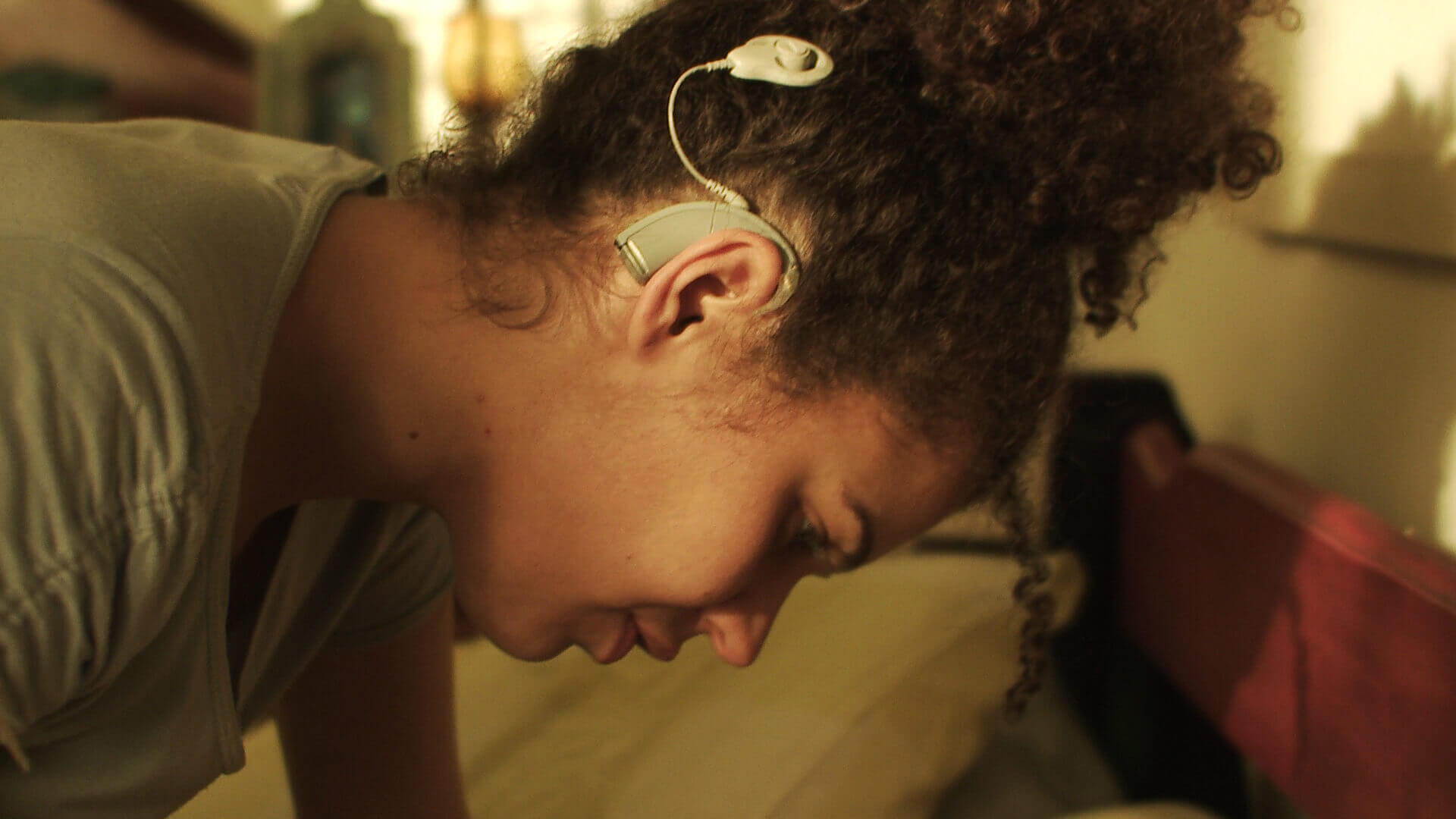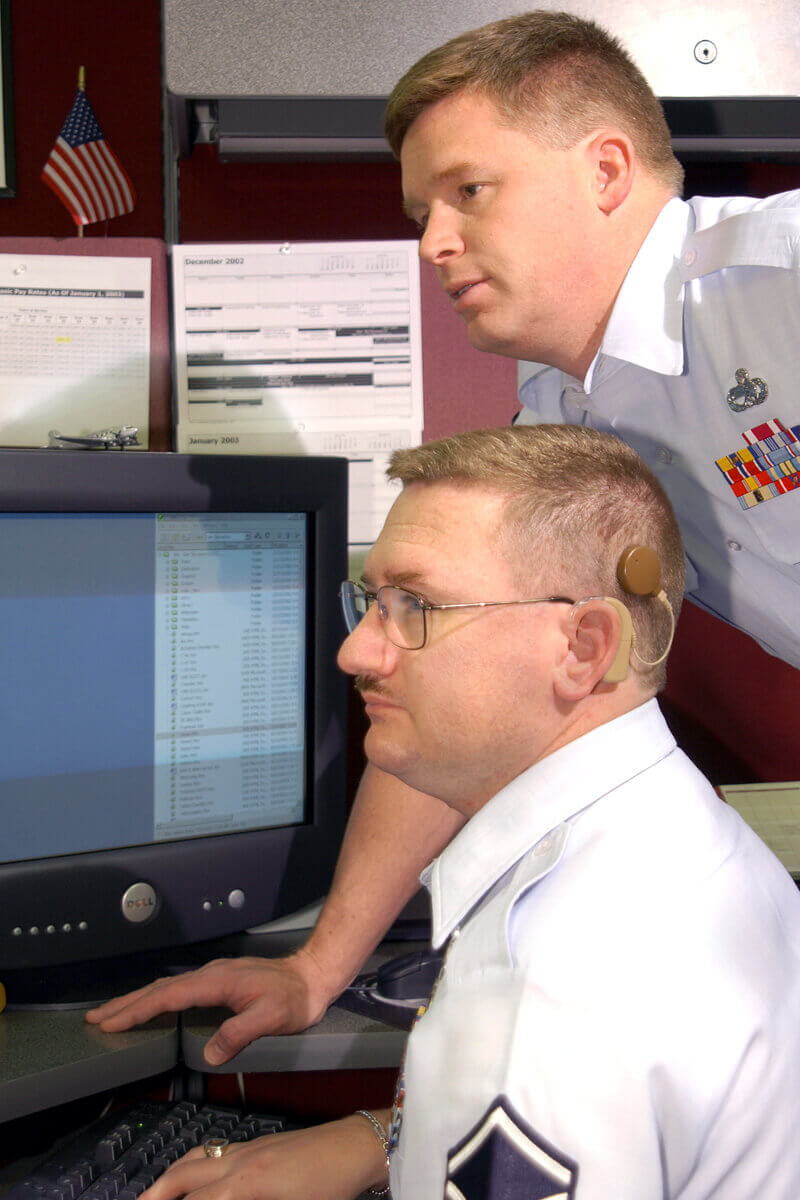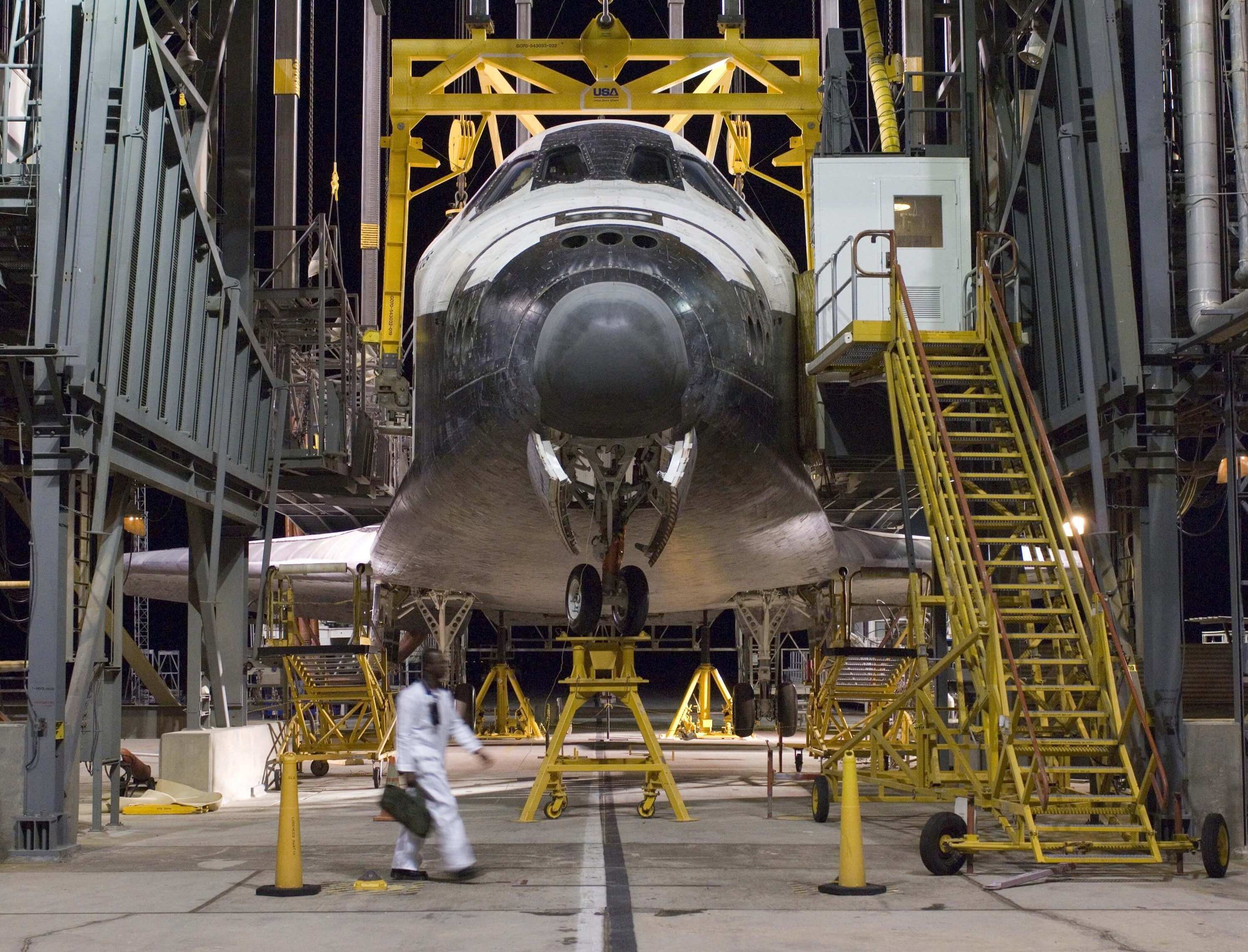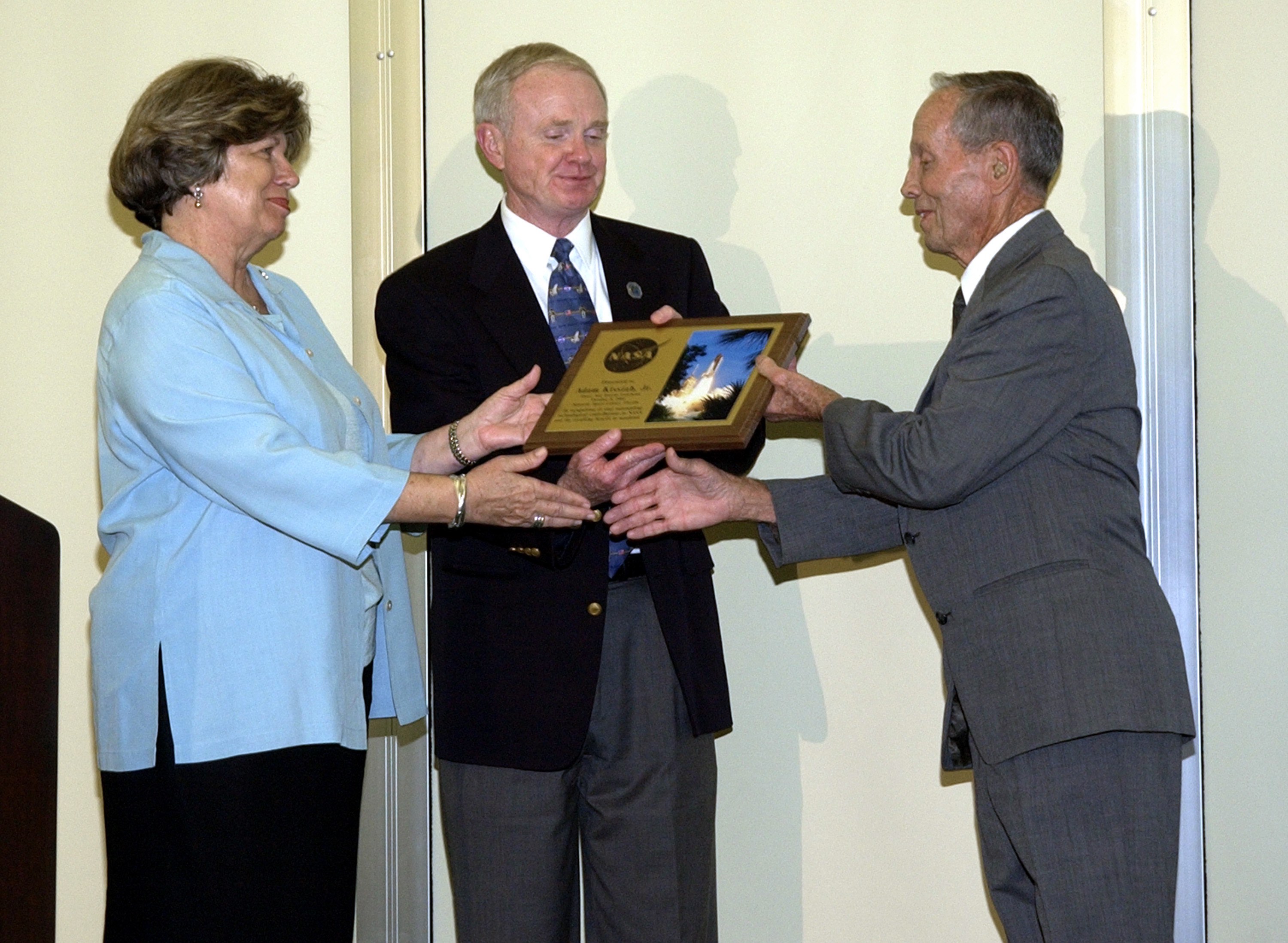



Hearing aids, which make sound louder, can only do so much for those who were born or have become deaf. Cochlear implants work in a completely different way, converting sound into digital signals that can be processed by the brain. And the technology traces back in part to a NASA engineer, who used skills in electronics instrumentation and his own experiences with hearing loss to develop an early version of the life-changing device.
The space shuttle advanced many important technological innovations in its electronic controls and sensors. Traditional aircraft used mechanical levers and knobs to control the motion and surfaces. In the '50s and '60s, NASA engineers began using electronics instead — and by the time the shuttle was built, it was completely digital "fly-by-wire," routed through computers. One engineer who helped build the system, Adam Kissiah, used that expertise to build another electronic sensor/control device: the cochlear implant.
Learn more about how NASA helped develop technology that impacts cochlear implants within your city's medical environment!